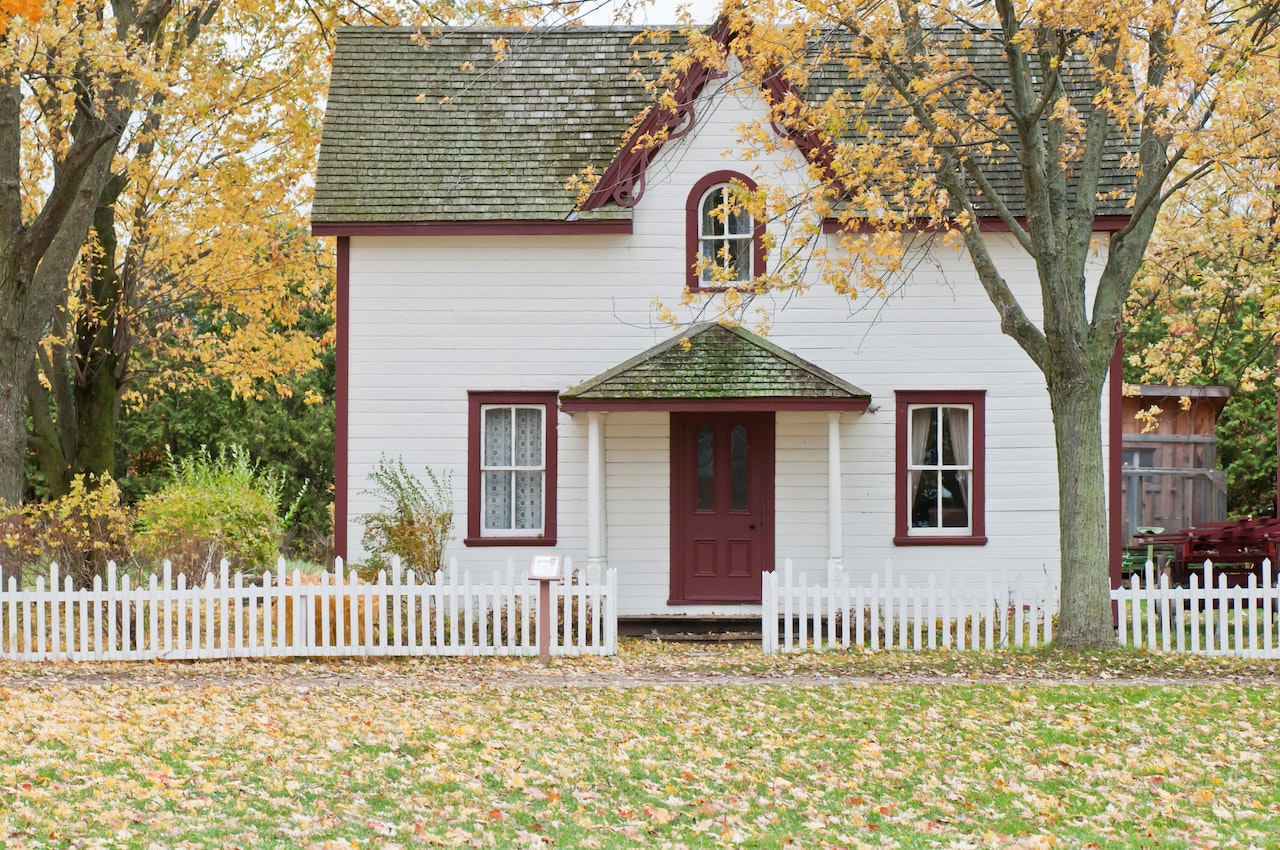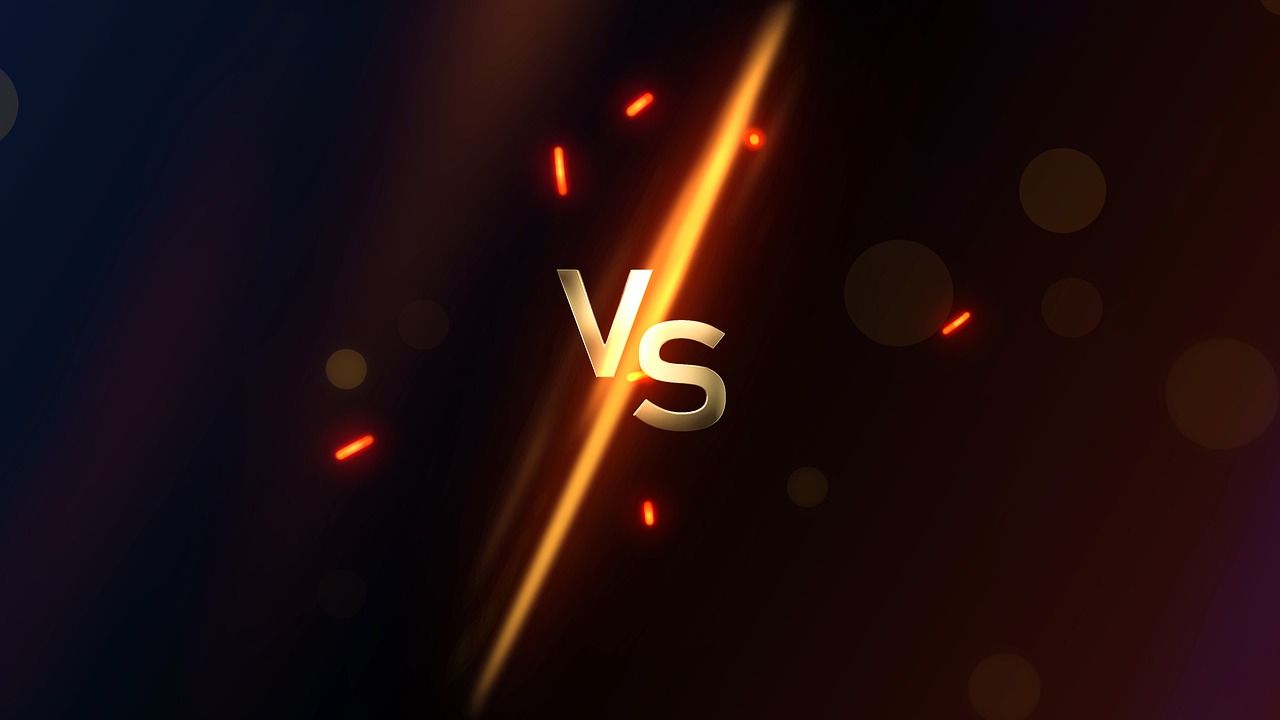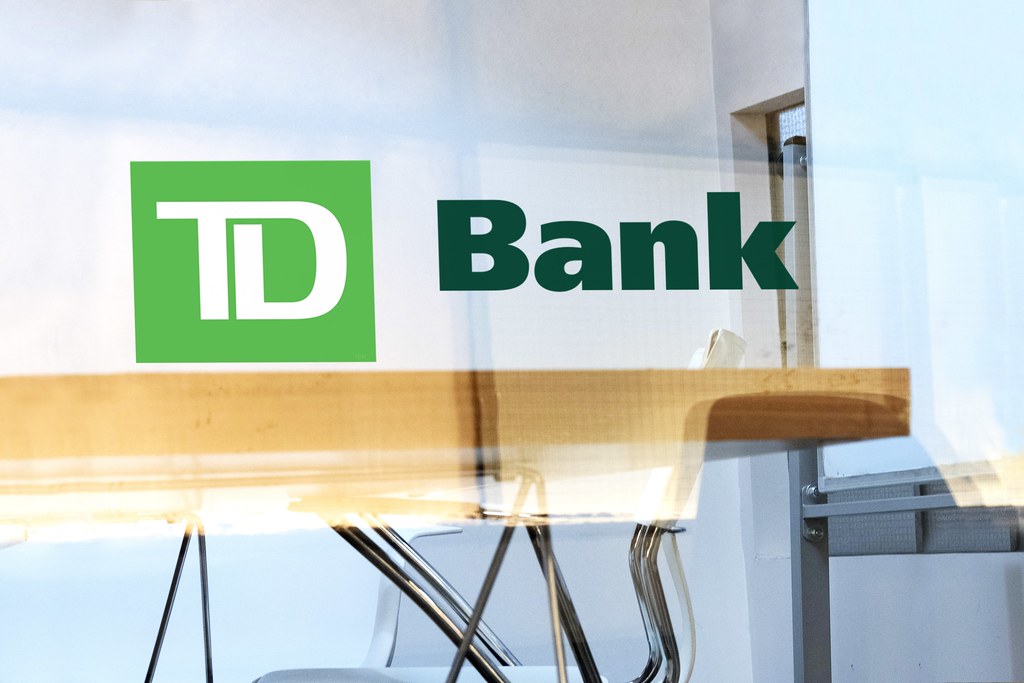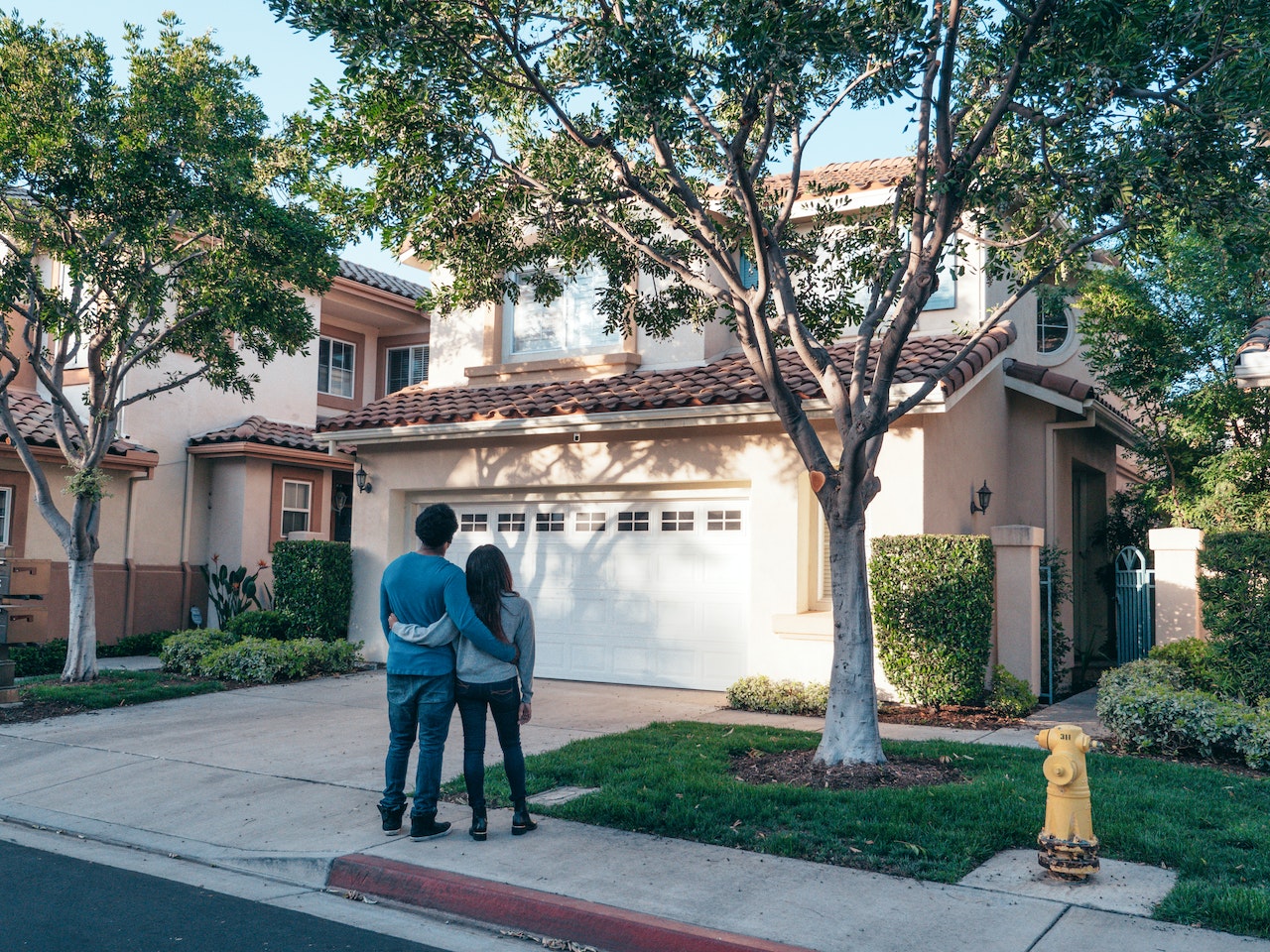Overview: a look at the new Tax-Free First Home Savings Account (FHSA), including what it is, who’s eligible, and its benefits and limits.
What Is The First Home Savings Account?

The First Home Savings Account (FHSA) is a new registered savings plan that allows first-time home buyers to save up for a home.
The plan has an annual contribution limit of $8,000 and a lifetime limit of $40,000.
Contributions are tax-free and can also be carried forward.
For example: if you contribute $5000 this year, the remaining $3000 is carried over to next year for a total of $11,000.
Besides cash, an FHSA account can hold investments such as stocks, bonds, mutual funds, GICs and ETFs.
Funds must also be used within 15 years of opening an account or before the account holder turns 71.
Account holders who choose not to purchase a home can transfer their funds (tax-free) to an RRSP or RRIF account.
Who Can Open An FHSA?

To open an FHSA, you must be:
- 18 years or older
- A resident of Canada
- A first-time home buyer
A first-time home buyer is defined as someone who hasn’t owned a qualifying home individually or with their spouse within the last 4 years.
You can also open an account if you own rental property but didn’t live in it during the last 4 years.
Because the FHSA is an individual savings plan, it can’t be opened with a spouse.
However, spouses can combine the savings in their accounts when buying property.
Can Non-Residents Open An FHSA?

The program is only open to Canadian residents.
This includes: citizens, permanent residents, and certain individuals who meet income tax requirements, such as work permit holders and international students.
The latter two must also reside in Canada at least 183 days in a tax year to qualify as residents.
What happens if you stop being a resident of Canada after opening an account?
Canada.ca has the answer:
If you become a non-resident of Canada after you open your FHSA, you can continue to participate normally…with one exception: You cannot make a qualifying withdrawal to build or buy a qualifying home…
In this case, any withdrawal from your account will be subject to a 25% withholding tax.
Now that we know what it is and who qualifies, what exactly are the benefits of an FHSA?
Benefits Of A First Home Savings Account

For instance, the FHSA combines the best features of an RRSP and TFSA.
According to RBC Wealth Management:
Like an RRSP, contributions you make to a FHSA are tax-deductible; like a TFSA, withdrawals you make to purchase a first home…will not be taxable.
As the 2023 federal budget puts it, the FHSA is “Tax-free in; tax-free out.”
Another advantage of an FHSA is that it’s an investment account.
NerdWallet explains:
The money in your FHSA can be used to purchase various investment products, like mutual funds, stocks, bonds and guaranteed investment certificates. You won’t have to pay taxes on any of the gains these investments generate — another nice perk.
By investing in stocks, bonds, mutual funds etc, FHSA account holders can grow their money.
Spouses and common-law partners can also combine their accounts for even bigger savings.
For example, a couple contributes the maximum $8,000 per year to their individual FHSA accounts.
After 5 years of contributions and gains on their investments, they have a combined $100,000—which they can withdraw tax-free for a down payment on their first home.
Finally, the FHSA can be combined with the Home Buyers’ Plan (HBP).
The HBP lets individuals withdraw $35,000 tax-free from their RRSP to buy a home.
Together, the FHSA and HBP provide individuals $75,000 (and $150,000 for couples) in tax-free money to use towards their first home.
So what’s better: FHSA or HBP?
First Home Savings Account Vs Home Buyers’ Plan

The National Bank of Canada offers this summary of the HPB:
The Home Buyers’ Plan (HBP) is a program that allows you to withdraw funds from your RRSP to buy or build a first home.
Although similar, there are some key differences between the FHSA and HBP.
These include:
- HBP: withdrawal limit of $35,000
- FHSA: no withdrawal limit
- HBP: withdrawals must be repaid within 15 years or incur a fee
- FHSA: no repayment requirements
- HBP: funds must be deposited into RRSP 90 days before withdrawal
- FHSA: funds can be withdrawn at any time
- HBP: deadline for RRSP contributions is 60 days after the end of the year
- FHSA: deadline for FHSA contributions is December 31st of each year
Both the FHSA and HBP have similar goals: to help Canadians save money so they can buy their first home.
Instead of picking one of the other, buyers should take advantage of both programs.
How To Open An FHSA

That’s because banks and other lenders first need to acquire government authorization and guidelines.
For now, only RBC and National Bank let you open an FHSA.
Other big banks such as TD, BMO, CIBC and Scotia plan on rolling it out sometime in 2023.
If you have questions about when you can open an account, simply contact your bank.
FHSA Conclusion

The FHSA combines the best features of an RRSP and TFSA, offering tax-free contributions and withdrawals.
And unlike the Home Buyers’ Plan, it has no withdrawal limits, deposit deadlines or repayment requirements.
Besides cash, the FHSA also holds stocks, bonds, ETFs and mutual funds, making it highly flexible.
Another advantage is that spouses can combine their individual accounts for double the savings.
In short: the FHSA is a great way to start your home-buying journey.
Have questions about the FHSA? Simply contact me below.
Wins Lai
Real Estate Broker
Living Realty Inc., Brokerage
m: 416.903.7032 p: 416.975.9889
f: 416.975.0220
a: 7 Hayden Street Toronto, M4Y 2P2
w: www.winslai.com e: wins@winslai.com
*Top Producer (Yonge and Bloor Branch) — 2017-2022

